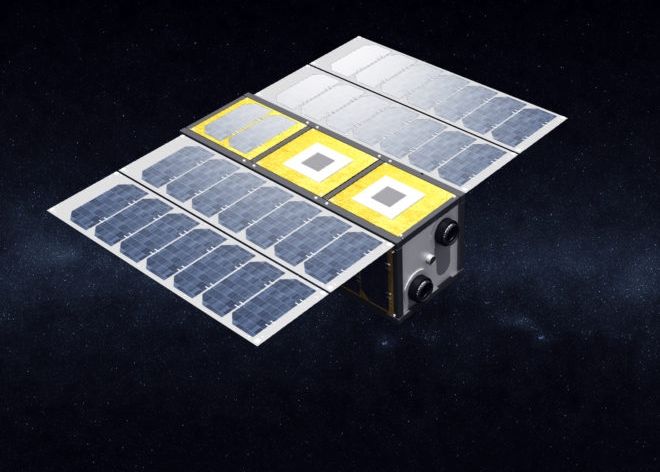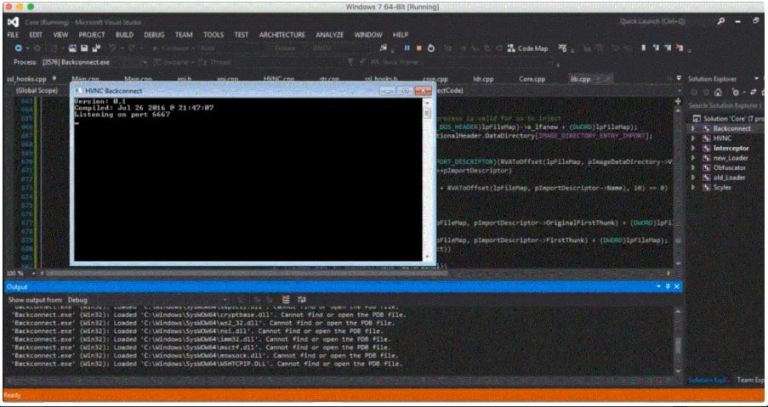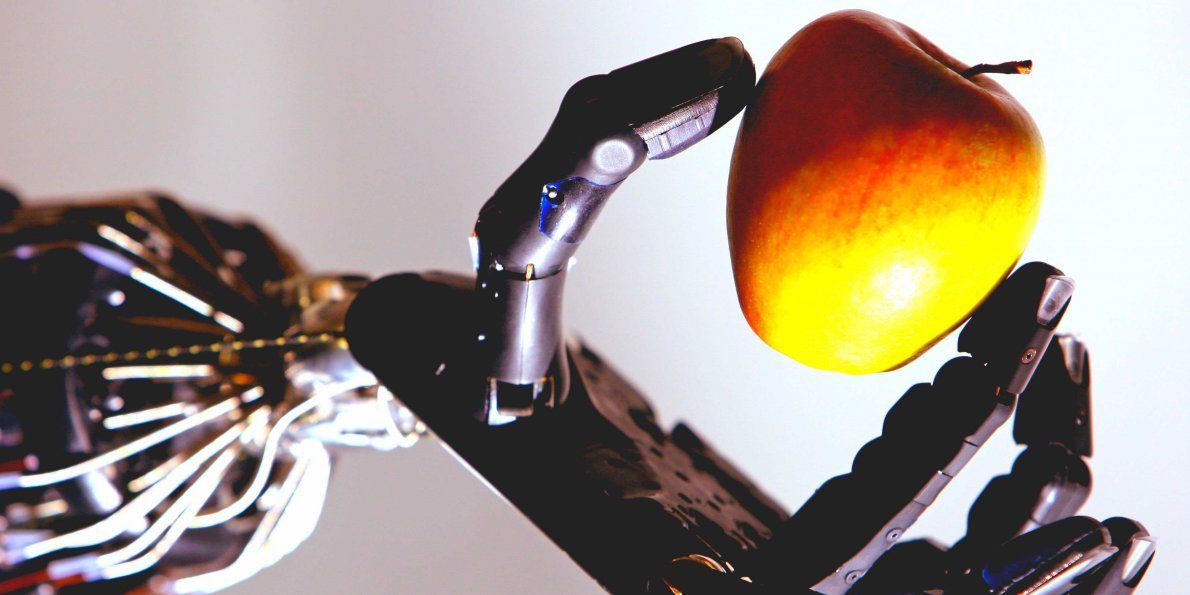Innovation is all the buzz in Asia. Australia, China, Korea, Vietnam, and now lets look at India.
Personally, I believe there is great potential in India for some amazing innovations. Just look at their own historical sites and artifacts, art, etc.; no one can claim creativity, imagination, etc. does not exist. And, not to mention the engineering feats that have been proven by India many times.
India has moved 16 rungs up the global ranking for innovation in 2016, as compared to 2015, but still remains a lowly 66th, well below Malaysia and Vietnam, leave alone China in the middle-income category and far below countries like South Korea and Japan, and other high-income innovation hubs like Switzerland, the US, the UK and Singapore. What can be done to make India a hub of innovation? Improve the quality of education across all levels. A technology policy that incentivises genuine R&D is required. Ease of entry and exit of firms, competition, a vibrant financial sector that allocates capital to new profit potential, a culture of entrepreneurship and an end to failure-shaming would help. The least obvious requirement is political empowerment of the common man.
Close on the heels of the release of the ranking comes the news that India has got one more unicorn, a startup with a valuation in excess of $1billion, with fresh investment in Hike, a messenger app from the Bharti stable, valuing the company at $1.4 billion. This is a welcome development, and testimony to innovation at work in India. However, compared to what WeChat, a Chinese app that brings many functionalities together including payments and messages that expire, Indian innovation looks limited. Huge research and development expenditure by global majors in their units in India has helped raise the country’s ranking in the global index. But this only means Indian brawn working to bring foreigners’ innovation to fruition, for the most part.







